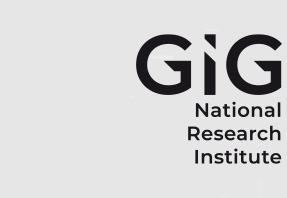Author ORCID Identifier
Dimitris Damigos 0000-0003-0142-7156
George Valakas 0000-0003-0142-7156
Anna Gaki 0000-0001-6452-5680
Katerina Adam 0000-0002-4261-5711
Abstract
It is widely recognised and acknowledged that the mining industry, if properly operating and managed, has the potential to positively contribute to “The 2030 Agenda for Sustainable Development”. In this direction, the Raw Materials (RM) engineering education possesses a crucial role, given the need to instil in tomorrow’s mining engineers the sustainability principles. This paper explores the educational needs of the Greek RM sector and the factors constituting the RM whole value chain SDGs-education-innovation eco-system. The research follows a two-stage focus group approach. First, the perceptions, opinions and beliefs of invited stakeholders were explored in the context of semi-structured interviews. Then, the stakeholders were requested to identify the main components of the RM-SDGs-education-innovation eco-system using the Fuzzy Cognitive Maps (FCMs) method. According to the results, the incorporation of the sustainable development (SD) principles in the educational process is considered a priority. However, only a few courses provide the basics of SD principles in the Greek RM engineering curricula, so far. Further, the FCM approach offered the means to explore the factors identified by the stakeholders as pivotal in the RM-SDGs-education-innovation system and the interactions between them.
Recommended Citation
Damigos, Dimitris; Valakas, George; Gaki, Anna; and Adam, Katerina
(2021)
"The factors impacting the incorporation of the Sustainable Development Goals into Raw Materials Engineering Curricula,"
Journal of Sustainable Mining: Vol. 20
:
Iss.
3
, Article 4.
Available at: https://doi.org/10.46873/2300-3960.1320
Supplement
Creative Commons License

This work is licensed under a Creative Commons Attribution 4.0 License.

